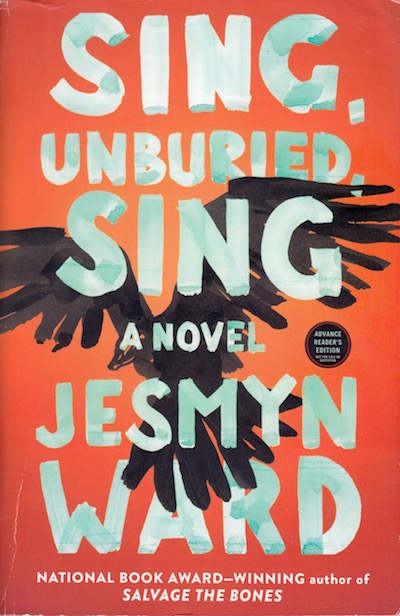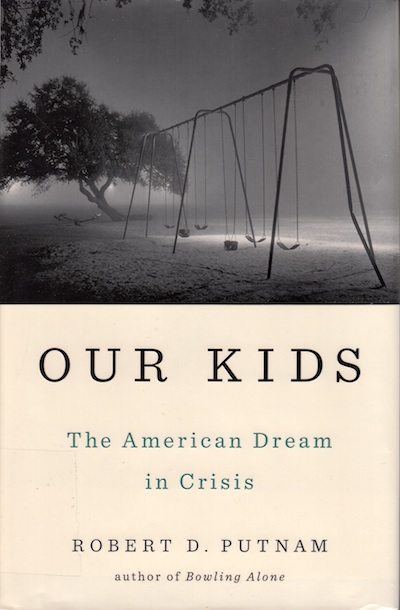Different kinds of families get different kinds of stories in books. A family drama about a white family is probably upper-middle class, there’s probably someone who’s traveled overseas, and there’s probably lots of “finding yourself” type rhetoric. And there’s something to be said for that. Figuring out who you are and what you like is important.
But this is not that kind of book. This is a family drama about an African-American family. There are three generations and they are all poor. All the adult men in the story have been to prison. Racism weighs heavily on them. The father in the story is white; his father killed the man who would have been his brother-in-law. He has only met his children a handful of times; his parents haven’t met their half-black grandchildren. He is the one the mother and children travel to pick up from prison when his sentence is complete.
Sing, Unburied, Sing is a heavy book. You can feel the weight of the generations of racism on everyone. The 13-year-old boy is definitely figuring out who he is, but it’s not in a fun lets-go-see-the-world kind of a way. That kind of privilege is absent here. Instead, it’s about learning to take care of your people and understanding who your people are.
Recommended, but schedule a party or something afterwards.

